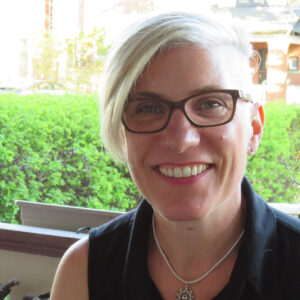Originally published in TEACH Magazine, 50th Anniversary of the Official Languages Act Special Issue, 2019
By Christine L. Cho
From a young age, I wanted to be bilingual in English and French. I am not, however. It is a big regret that I am working to rectify. I started off in an environment that should have been conducive to bilingualism: I started French language instruction in the Alberta school I attended when I was 5 years old. I remember playing lots of verbal games and having fun.
I also had maternal grandparents living in Montreal who had a working knowledge of French and would teach me a few phrases over the telephone. My neighbour and best friend was francophone and I used to enjoy hearing her speak with her family. My father studied both French and German at school and would relish starting small French conversations at the dinner table (to which my mother strongly objected as she had received no French language instruction in school).
Christine L. Cho, PhD, is a Professor at Nipissing University’s Schulich School of Education. A practicing visual artist and a former elementary school teacher, Christine utilizes visual media and critical pedagogy to expand upon diverse ways of knowing. Her research contributes to current educational conversations on racial, ethnic, linguistic, and LGBTQ+ representation in schools.


